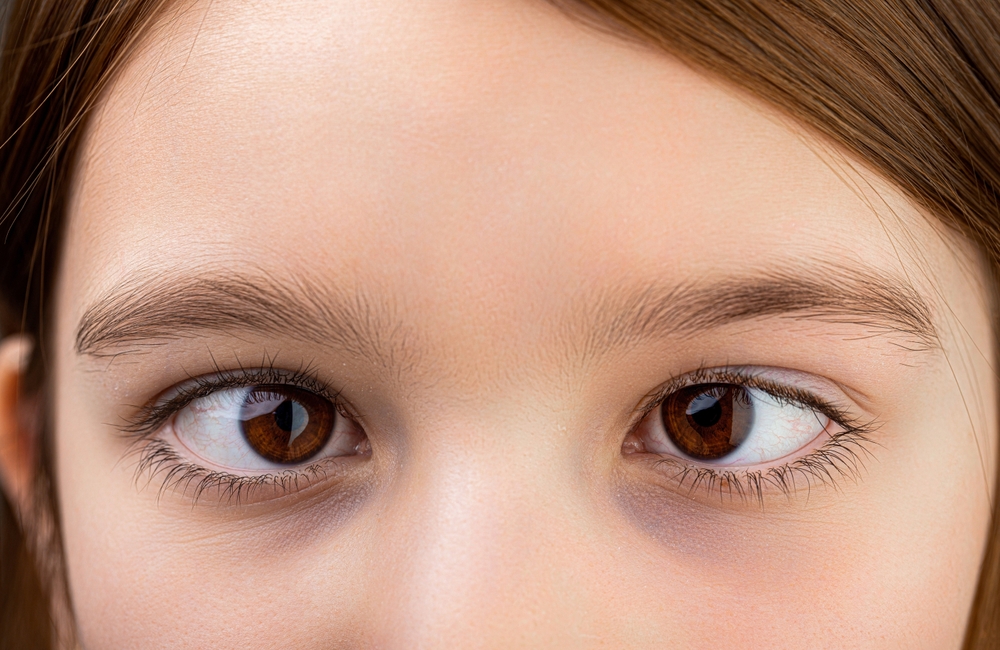
Binocular Vision Dysfunction (BVD) is a condition that affects how your eyes work together. When your eyes do not align properly, it causes the following:
Headaches.
Dizziness.
Blurred vision.
What Is Binocular Vision Dysfunction?
BVD happens when the eyes struggle to focus together on a single image. This misalignment forces the eye muscles to work harder. This strain leads to great discomfort. Many people with BVD do not realize their eyes are the issue.
How BVD Affects Daily Life
Living with BVD can make everyday tasks challenging. Activities like driving, reading, or using screens can become exhausting. Dizziness can make it hard to walk confidently or exercise. For some, even spending time in busy environments feels overwhelming.
Why Is BVD Often Overlooked?
BVD can be tricky to diagnose because the symptoms mimic other conditions. People might think they have migraines, anxiety, or motion sickness. Standard eye exams do not always detect the subtle misalignments that cause BVD. Because of this, many go undiagnosed for years.
How Is BVD Diagnosed?
Eye specialists diagnose this condition using a comprehensive vision exam with a focus on how the eyes work together. They measure eye alignment and muscle coordination. They use detailed tests to diagnose the condition.
The Role of Prism Glasses
These glasses use special lenses that bend light to help the eyes align. By wearing prism glasses, people can reduce symptoms like headaches and eyestrain.
Vision Therapy as a Treatment
This treatment involves guided exercises to strengthen eye muscles and improve coordination. Vision therapy can help train the eyes to work together in a better way. Eye doctors often combine this therapy with other treatments, like prism glasses, for better results.
Ways to Manage BVD Symptoms
If you are dealing with BVD, a few simple habits can help ease your symptoms. Try taking regular breaks from screens. These breaks give your eyes a chance to relax. Good lighting and sitting at a comfortable distance from screens also make a big difference.
Practicing relaxation techniques, like deep breathing, can help with dizziness and headaches, too. And if you think you might have BVD, it is worth seeing an eye specialist. They can do a thorough exam to see if BVD is the cause of your symptoms.
Supporting Someone with BVD
If someone you know has BVD, there are small ways to support them. Encourage them to rest their eyes and limit screen time when they are feeling strained. If you can help out with practical things, like driving or giving them a break from visually demanding tasks, it can make their day a little easier. Your support can be a big help in managing their symptoms.
The Value of Ongoing Care
BVD treatment is not a one-time fix. You should be prepared to invest in ongoing care. Regular checkups help ensure that treatments are working and adjust them as needed. Sticking with follow-ups can keep vision steady and symptoms under control.
Binocular Vision Dysfunction is more common than most people realize, but it does not have to be a mystery. Understanding the signs and seeking treatment can make a big difference. If you are experiencing symptoms like headaches or dizziness, consider getting your eyes checked. Taking action now can lead to better vision and a more comfortable life.
For more on BVD, visit Federal Hill Eye Care. Our office is in Baltimore, Maryland. Call (410) 752-8208 to book an appointment today.
Sources:
https://www.healthline.com/health/eye-health/binocular-vision-dysfunction
https://www.vision-specialists.com/binocular-vision-dysfunction/what-is-bvd/







